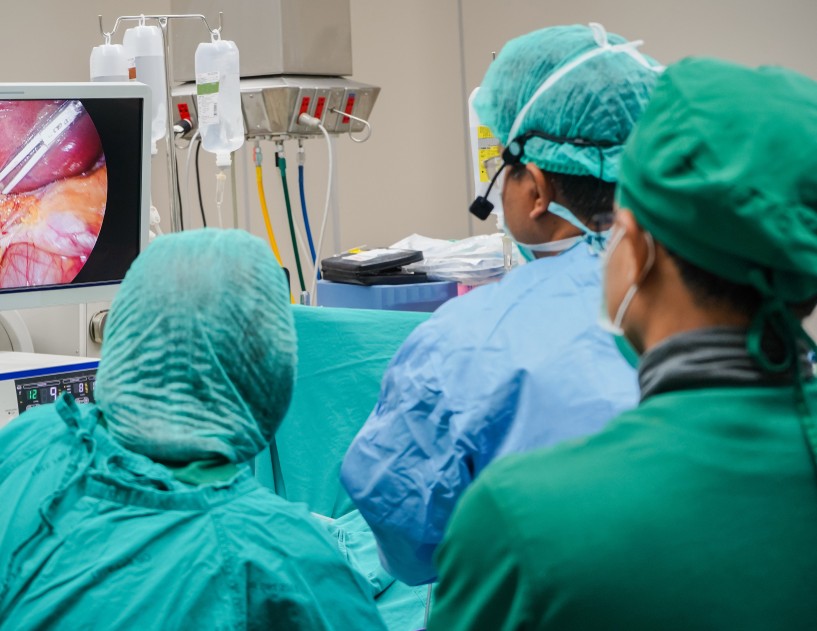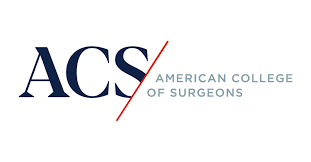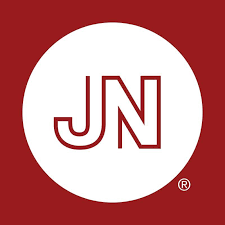Editor's Note Effective onboarding practices for new surgeons can set the tone for long term success in many ways, including with supply chain decisions. Surgeons often bring new preferences for products. Taking a proactive approach to prepare a surgeon as a partner in organizational supply chain decisions can help align…

Effective communication is the foundation of patient safety in the modern surgical environment. Most surgical procedures depend on seamless collaboration among surgeons, nurses, surgical technologists, and anesthesiologists, and when communication breaks down, patient risk rises sharply. In 2024, the American College of Surgeons reported standardized surgical handoffs improved adherence to…

Editor's Note Hospitals can reduce anesthesia costs by up to 30% and significantly curb provider burnout by embracing technology-enabled collaboration with anesthesiology practices, Surgical Directions August 27 reports. The report outlines how rising demand, workforce shortages, and variable pay structures have pushed anesthesia expenditures up sharply in recent years. Traditional…

Editor's Note Robotic-assisted cardiac surgery is reshaping the field, enabling safer, less invasive procedures once deemed too complex for minimal-access techniques, the American College of Surgeons October 1 reports. Advances in high-definition visualization, wristed instruments, and surgical control are allowing cardiothoracic teams to perform intricate repairs through incisions often smaller…

Perioperative leaders face a workforce transition unlike any in recent memory. By 2030, all baby boomers will have reached retirement age, and many veteran perioperative nurses are already exiting, taking with them decades of institutional knowledge. At the same time, the expectations of today’s workforce have shifted, placing greater value…

Editor's Note Training with surgical preference cards significantly lowers anxiety and strengthens clinical competence among OR nursing students, according to a randomized controlled trial published in BMC Medical Education on October 2. The study enrolled 60 OR nursing students in Iran between 2023 and 2024. Students were randomly assigned to…

Editor's Note Surgical quality leaders are pushing boundaries with new strategies that blend technology, frontline engagement, and national-local collaboration. That was the message from the American College of Surgeons (ACS) Quality and Safety Conference (QSC), held July 17–20, 2025, in San Diego, according to a September 10 ACS report. The…

Editor's Note Most newly licensed nurses require about 12 months before they can practice autonomously, a HealthLeaders September 8 analysis reports. The article highlights findings from a recent National Council of State Boards of Nursing (NCSBN) study of 200 nurses, 74% of whom reported that a full year was necessary…

Editor's Note Minimally invasive surgery (MIS) with the Artemis Neuro Evacuation Device reduced hematoma volume efficiently and lowered serious adverse events but did not improve long-term disability or mortality compared with medical management in spontaneous supratentorial intracerebral hemorrhage (ICH), JAMA Neurology September 2 reports. The “MIND randomized clinical trial” enrolled…

Editor's Note Loosening fasting policies before surgery does not increase the risk of post-surgical aspiration, also known as aspiration pneumonia, according to a systematic review and meta-analysis published in the journal Surgery in August 2025. The researchers analyzed 17 studies published between 2016 and 2023, including randomized clinical trials and…